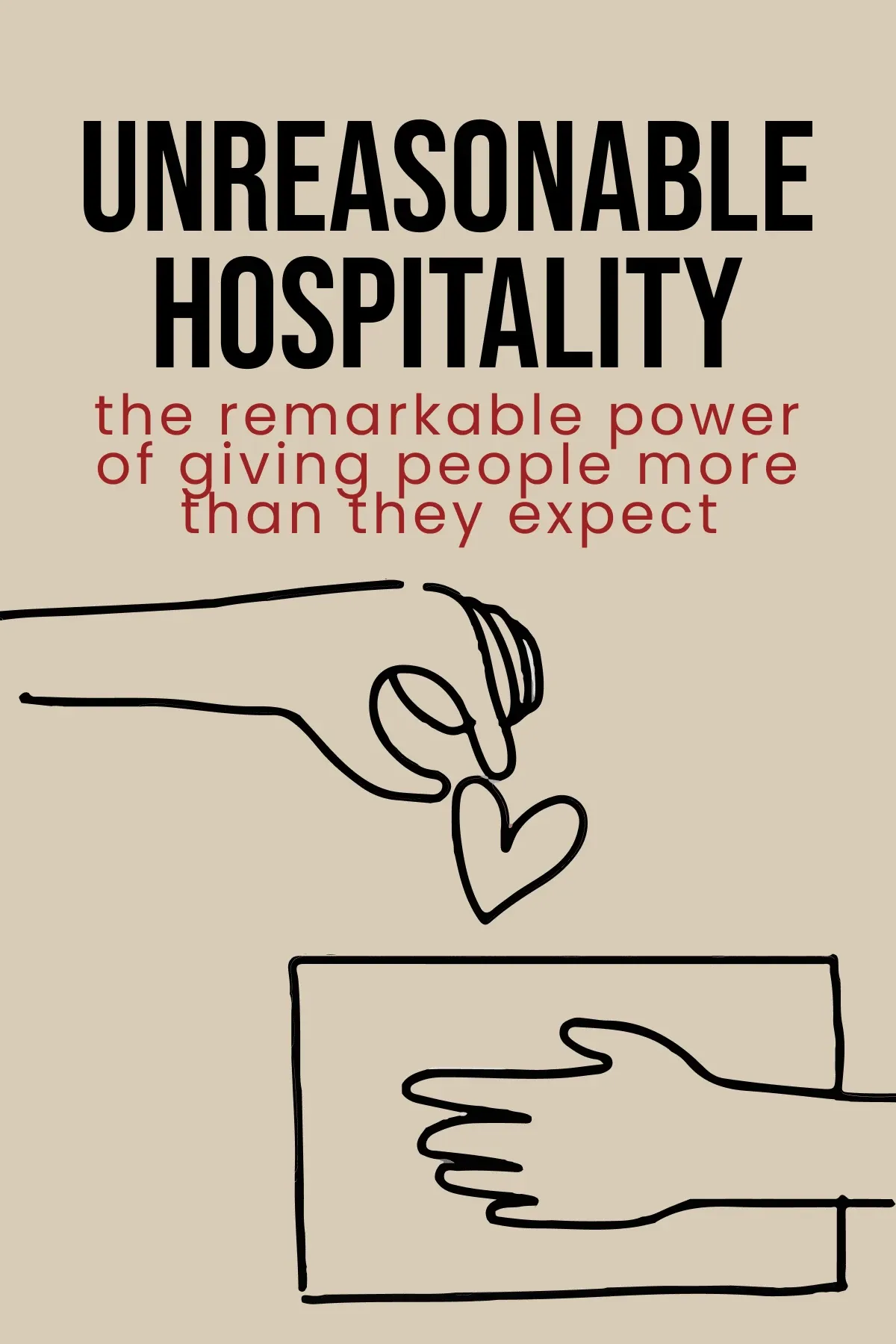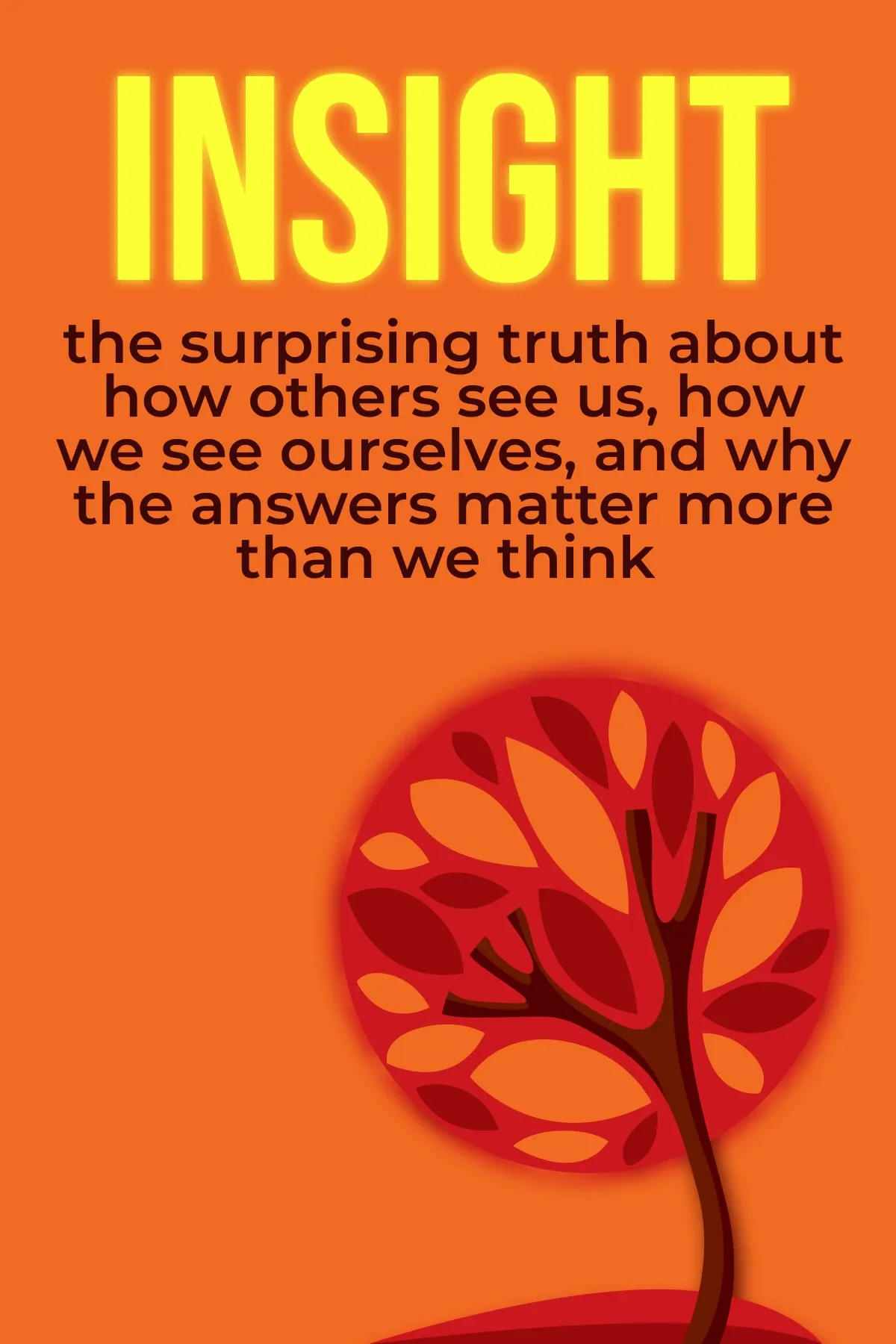
Verbal Judo
Brief Summary
Is mastering effective communication one of your goals? Do you want to know how to navigate conflict in critical situations and domestic arguments? If so, “Verbal Judo” by George J. Thompson and Jerry B. Jenkins will surely spark your interest and give you many valuable insights.
Topics
Key points
Key idea 1 of 10
When Dr. George J. Thompson was a newbie police officer, he and his partner received a call to resolve a domestic issue. A couple had an argument that got dangerously heated. Amazingly, Thompson’s partner, a much more experienced policeman named Bruce Fair, resolved the conflict simply by diverting the couple’s attention. Instead of urging them to calm down with threats, he intruded into their argument by striking up a conversation about a car ad in the newspaper. As simple as it was, it distracted the couple from their conflict.
This eye-opening moment prompted Thompson to study the communication techniques of experienced police officers like his partner. Despite initial skepticism, he soon realized that verbal skills were paramount for a good police officer. They allow to resolve conflicts without resorting to violence. Moreover, they help them gain compliance in dangerous situations without escalating the tension.
This kind of soft persuasion is referred to as *Verbal Judo*. The term comes from the Japanese martial art, where “Ju” means gentle and “do” means way. Noteworthy, judo is not about brute force and violence but rather about self-defense. Similarly, instead of aggressive methods, verbal judo uses gentle communication to solve issues.
George Thompson believes that confrontation is inevitable. The important thing is how you handle it. If you respond to a verbal attack confidently and without negativity, you can disarm your opponent and take control of the situation. Knowing how to react to criticism and insults is also crucial for your self-esteem. And, of course, handling confrontational situations calmly and thoughtfully maintains everyone’s dignity and honor.
Thompson explains that in some cultures around the world, there are specific practices aimed at developing effective communication. For example, according to the African American tradition named *Dozens*, people exchange silly insults to help each other learn to deflect verbal attacks. Moreover, this tradition allows individuals to get used to such insults and develop resilience.
FAQ
You may also like these summaries










